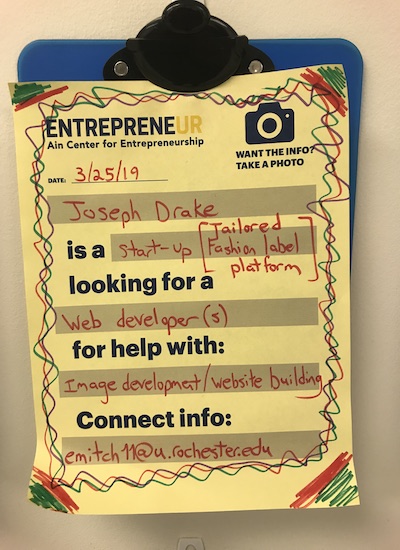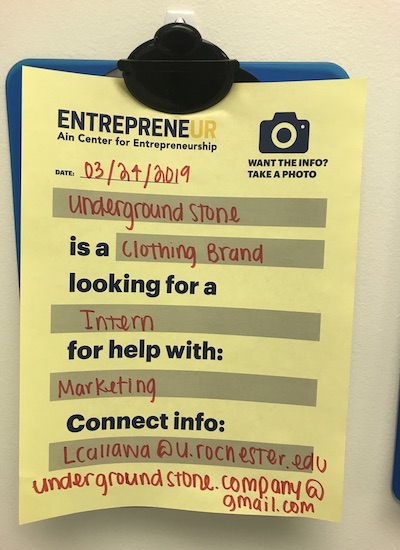While living in NYC though, there was a point in which I felt myself taking the numerous opportunities for granted. So in 2016, I dropped out of high school and traveled back to the Dominican Republic to rectify myself and figure out what I wanted to do with my life. I was immediately overcome with feelings of confusion and disappointment as I watched parents lead their children to harvest crops to make extra money necessary to make ends meet. I noticed that these children didn’t have the option to focus on pursuing their education or their dreams. This trip reignited my drive to do more to improve the lives of those living in DR by focusing on the education system. It also motivated me to increase awareness of the problems that communities like Las Barias, Bani face all throughout the world.
I recently had the opportunity to do just that. I hosted an event entitled “Education Disparities in Developing Countries: What Can You Do?” to highlight the ongoing education disparities in the DR and to encouraged my fellow classmates to become agents of change.
I began the event by playing a short documentary featuring the struggles that students in the Dominican Republic experience. I then had the audience participate in a Kahoot game I created, which included statistical data about the family incomes and education in the DR. Many of the students and staff members who attended sat in awe when they learned that according to the World Bank, 46% of Dominicans live in poverty and that the average income per month is only USD $130. One student couldn’t help but comment: “Wow, I figured the situation was bad, but not that bad! This is surprising.” Witnessing and hearing such reactions along with individuals inquiring about volunteering opportunities made me realize how successful the event turned out to be.
Harry Montas, a documentary photographer, and educator based in the Bronx Documentary Center in New York City visited us as a guest speaker to present and debut his contemporary documentary in partnership with Carvajal Cares. Throughout his presentation, the audience gained insight on his passion for documentary making; he considers his work to be his contribution to social change, as well as an artistic social responsibility. During the presentation of the documentary, many attendees wondered about our encounters in Las Barias while documenting the school, students, staff, and the principle, and we both emphasized how humbling, yet inspiring it was. The service trip was organized during Fall Break, and happily, I spent my birthday, October 12 working on this heart-warming project.









